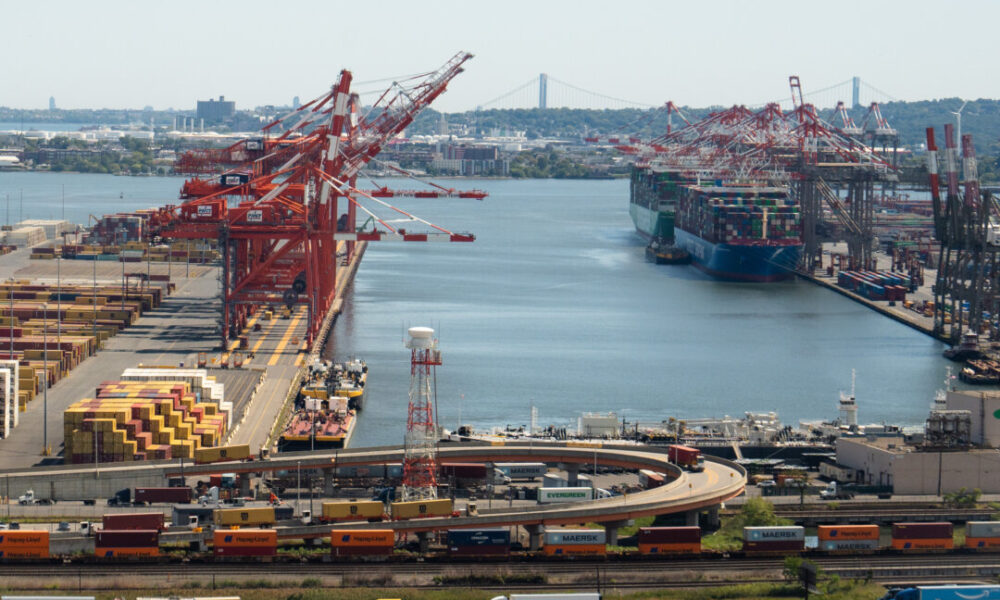UPDATE: The United Nations’ International Maritime Organization (IMO) has just announced a major setback in the fight against climate change, voting on October 17, 2023, to delay a pivotal decision on a global carbon tax for international shipping. This decision comes amid escalating opposition from the United States and Saudi Arabia.
The member states of the IMO were poised to ratify a groundbreaking framework that aimed to impose a carbon tax on ships over 5,000 gross tonnage. This regulation was designed as a critical step towards achieving net-zero greenhouse gas emissions in the shipping sector by 2050. However, a last-minute motion from Saudi Arabia to defer the vote by one year succeeded, passing with 57 votes in favor and 49 against.
This delay highlights the deep divisions among nations regarding climate action and raises significant questions about the future of global shipping regulations. The proposed framework aimed to establish a global fuel standard that would significantly reduce emissions from one of the world’s largest polluting industries.
Officials stress the urgency of addressing shipping emissions, which contribute approximately 3% of global greenhouse gases. Delaying the vote means that critical measures to combat climate change will be postponed, potentially jeopardizing international climate goals.
The impact of this decision reverberates beyond just environmental concerns; it represents a broader struggle between major economies over climate policies. The United States has been vocal in its opposition to the tax, arguing it could hamper economic growth and competitiveness.
As the global community faces increasing climate-related challenges, this vote’s postponement underscores the urgent need for unified action. What happens next will be crucial—stakeholders will be closely watching how nations navigate this contentious issue in the coming months.
The IMO is expected to reconvene to discuss the proposal again in 2024, but the delay could have lasting consequences for international climate agreements. Advocates for environmental reform are urging immediate action to regroup and push for a more favorable outcome in the next voting cycle.
This developing story is a stark reminder of the intricate balance between economic interests and environmental responsibilities, as nations grapple with the pressing need for sustainable solutions. As the world moves towards a more sustainable future, every vote and decision will be pivotal in shaping the trajectory of climate action.
Stay tuned for further updates on this evolving story, as international leaders and organizations continue to advocate for effective climate policies and regulations.







